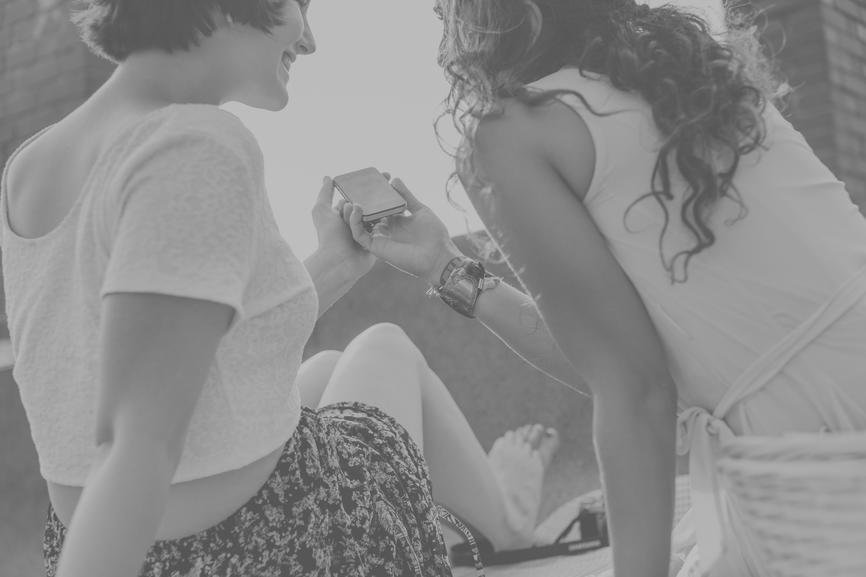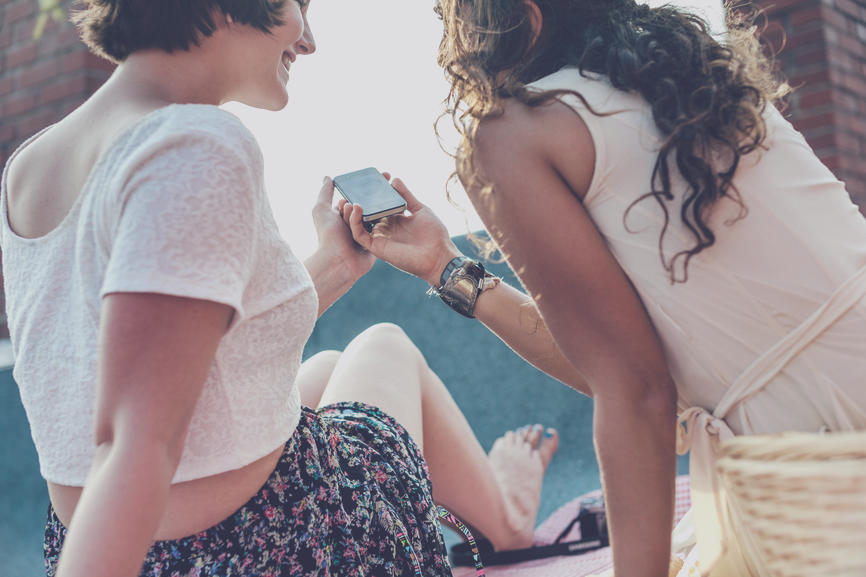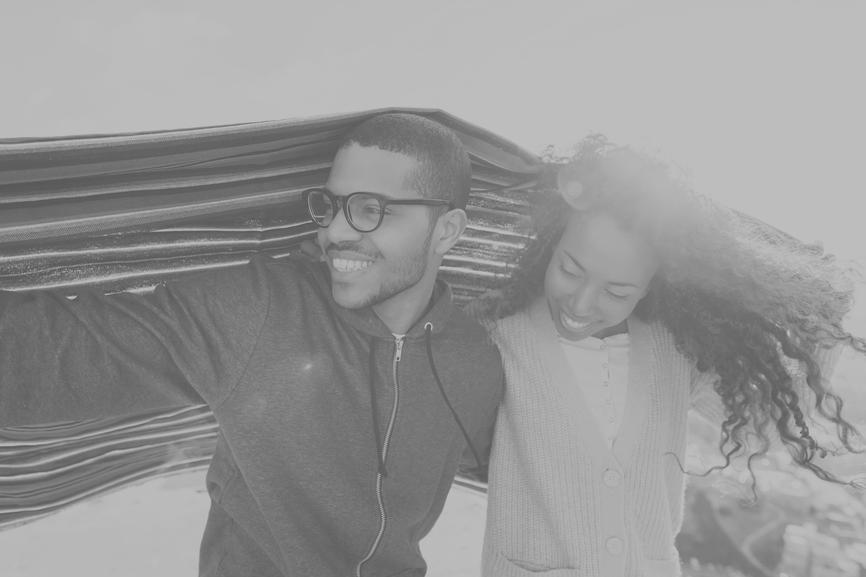Ah, warm weather! You see short sleeves everywhere. Restaurants are putting out patio furniture and opening windows. Crowds of people are out enjoying the sights, especially here in Chicago.
Summer brings so many great things — vacations, shorter work days, and extended hours of sunshine. However, that extra enjoyment comes with a cost. And of course, I’m talking actual dollars. So before you get too deep into your summer spending, I want you to keep a few things in mind.
Spend your money!
If you read this blog regularly, you know that I’m all about helping you balance what you want and need right now with what you will want and need in the future. You’ll need to consider both current and future needs as you think about how to put your money to use.
I firmly believe that money is no good by itself. It’s a just a tool to help you do other things. For instance, money can help you feed your family, get a kid through college or explore the world around you. You need to use that tool to enjoy your life today and plan for the future.
So spend your money! I know it’s not the typical advice from a financial advisor. And I’m not saying you shouldn’t save, track your expenses and talk about money. In fact, these money fundamentals will empower you to make better, more mindful choices about spending. You want that leather jacket, but you hold off on buying it so you can pay for a cruise with your spouse that you want even more. And that kind of decision-making is a good thing.
Make sure your spending reflects your values
I’ve written a couple of articles recently about aligning your spending with your values and adopting a budget that reflects those values.
They idea is to spend money on what you truly value and appreciate. Asking questions like “If I only had twelve months to live, what would I spend my money on?” Or “what is most valuable to me?”
You can also go through your credit card or bank statements to see what types of things you buy the most and assess the utility, cost, and enjoyment of each expense. By doing so, you can figure out whether your most common expenditures align with what you value most. If not, change your spending accordingly.
Whatever you do, don’t just passively think about these questions. Write them down, post photos or give yourself concrete reminders of why you spend the money that you do. In the end, you want to get the most enjoyment out of the time and money that you spend.
Focus on experiences
I’m sure you’ve heard this last tip before, but it’s worth repeating.
Study after study after study has shown that people get more fulfillment out of buying experiences rather than material objects. Taking a vacation, going on a dinner date with your spouse or spending a night out connecting with friends leads to more satisfaction than a new watch, a hot shirt or fancy car. In the same way, focusing on the journey rather than the destination leads to more happiness.
The theory behind this concept comes from getting enjoyment before, during, and after an experience. For instance, you look forward to a vacation that’s coming up, you enjoy the vacation while you’re on it and you get to reflect and tell stories about that experience for the rest of your life. In addition, with personal experiences, there’s less social comparison, since your experience is unique to you.
I’ve been a huge subscriber to this theory for years. I’ve also found three tips that have helped me get the most happiness out of my experiences.
- Share the Experience: you’re more apt to enjoy an experience if you get to do it with someone else, whether a spouse, friend or a coworker. I’m lucky enough to get to share a lot of great experiences with my husband and some amazing friends. Sharing the experience will only intensify the anticipation, enjoyment during, and reflection afterwards.
- Reflect on the Experience: As the studies point out, the main advantage an experience has over a thing is that we continue to gain happiness from an experience long after it’s over. (Just think about how many times you’ve fondly said, “Remember when….”) By contrast, we soon get used to the new tv, computer or appliance and usually end up taking it for granted. So capture the experience in a way that will make reflection easy. For example, taking pictures, creating a scrapbook, or journaling afterwards. And, of course, don’t forget expressing gratitude for the experience itself.
- Don’t Overspend: Keep in mind that you get to pick what experience brings you the most satisfaction. And there’s no direct correlation to how much you spend on an experience and the happiness it brings. The point is to feel that the experience outweighs the money that you spent. If you overspend, the stress and anxiety of how you will pay the bill or meet your basic living expenses the next month will only impeded your happiness.
It turns out money can buy happiness. You just need to make sure your spending aligns with what’s most important to you and do your best to capture the happiness that those experiences bring.




